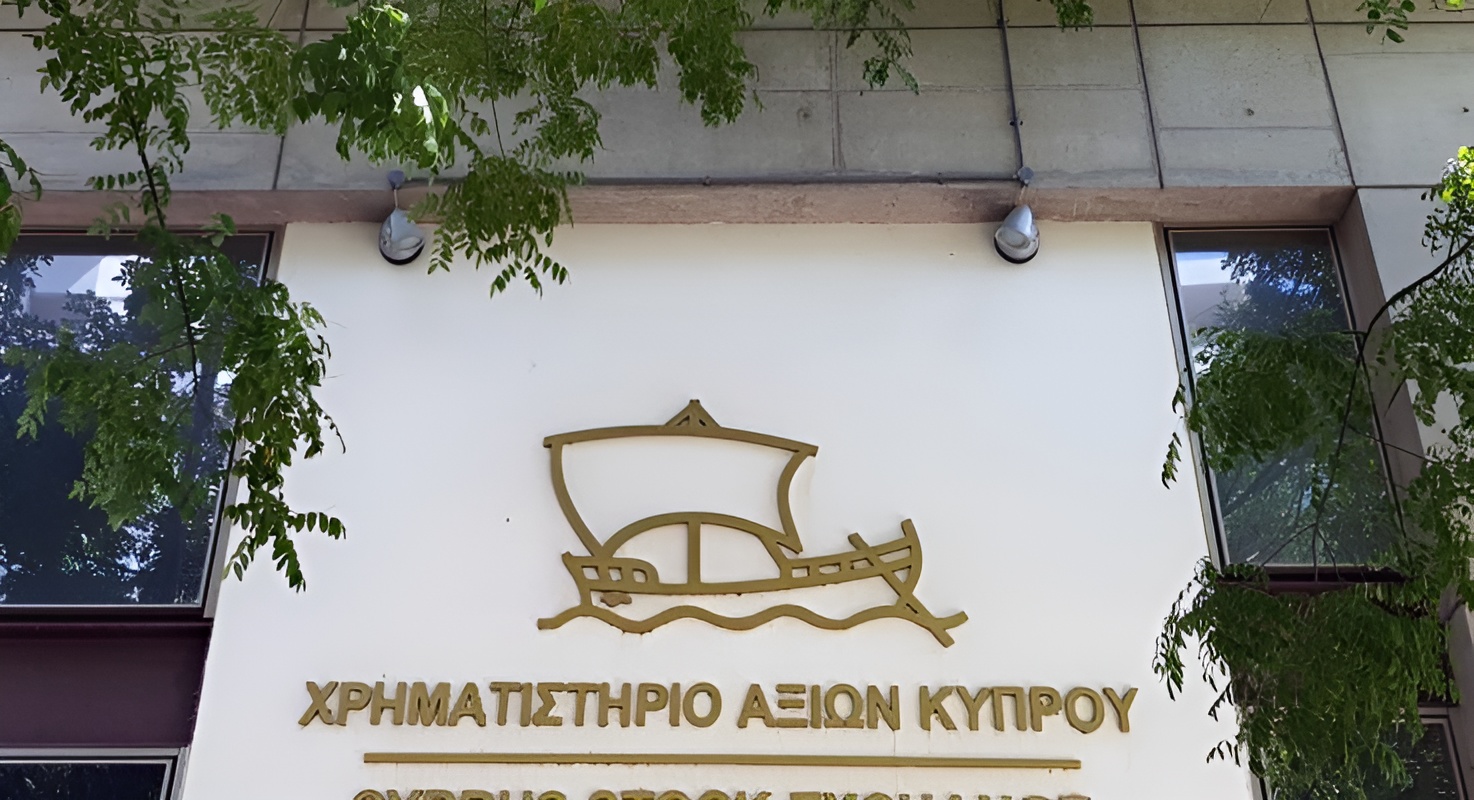The preferred method for submitting bids in all types of privatisations should be open, transparent, with equal access to information and free of conditions that could reduce the final price, according to State Aid Commissioner Stella Michaelidou
Speaking to the Cyprus News Agency (CNA), the commissioner said that this comment is particularly relevant in relation to the privatisation of the Cyprus Stock Exchange (CSE).
She emphasised the need for any conditions set in the tender process for the CSE privatisation to be assessed by her office under state aid rules and, if necessary, by the European Commission itself.
“It is important to underline that the preferred method of inviting bids must be open, transparent with equal opportunity for information and without conditions that could potentially lower the price,” she said.
Michaelidou highlighted the significance of an independent valuation of the CSE by a certified firm.
“The sale must be conducted at a price that reflects fair value, without being undervalued,” she stated.
She also stressed that the sale process should not include elements of state intervention for the new owner after privatisation.
“The adoption of special favourable arrangements or exclusive rights through conditions should be avoided,” she said.
Michaelidou further explained that retaining a stake by the state after privatisation allows the government to participate, monitor, and to some extent control the development and contribution of the CSE to the Cypriot economy.
“Post-sale conditions, in the case of full privatisation, should be avoided and additional state guarantees, tax benefits or obligations beyond what a private investor would accept should not be provided,” she added.
In discussing the broader framework of privatisation, Michaelidou said that the issue touches both national privatisation policies and EU state aid rules.
“For all types of privatisations, the European Commission encourages member states to conduct competitive tenders to ensure maximisation of revenues from privatisations and legal certainty to the greatest extent possible,” she said.
She drew attention to legal precedent, stating that “if conditions are imposed on the sale of a company that a private investor would not set, it suggests the possible existence of state aid, because a private investor in a market economy would typically sell the company at the highest possible price without imposing conditions that could reduce its value”.
“It is important to adhere to market rules and specifically the market economy investor principle,” she added.
The commissioner also said that if conditions are imposed on the sale, “these conditions should be such that potential buyers, according to the required criteria, can meet them, to avoid exclusion and price reduction“.
Michaelidou stressed that each case should be examined based on its data, and that “it must be demonstrated that if conditions are imposed on the sale of the company, they do not constitute state aid.”
Her office has recommended to the Finance Ministry that any conditions in the tender process, whether set in the law or in tender documents, “should be assessed by our office under state aid rules and, if necessary, by the European Commission itself,” she said.
She also explained that for legal certainty, member states are encouraged to use the preliminary notification process to the European Commission where appropriate, to obtain guidance on whether a specific measure constitutes state aid.
On potential risks of state aid, Michaelidou identified factors such as selling below value without independent valuation, non-open competitions, or the exclusion of potential buyers.
She also highlighted special conditions favouring the purchaser, such as tax privileges or guarantees, debt write-offs, conversion of debt into equity that advantages the buyer, and conditions imposing social or political obligations that a private investor would not normally expect.
“The assessment of risk should include an analysis of what a private investor would do, whether the market is favourable, the risks involved, and the expected returns,” she concluded.






Click here to change your cookie preferences